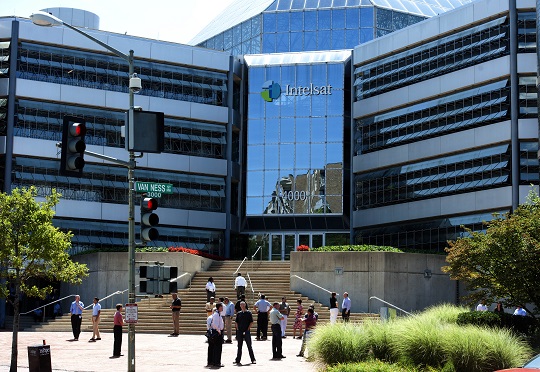Angola could raise at least US $ 200 million annually with the taxation of basic products, Angola’s Association of Industries (AIA) president José Severino has said.
This could be achieved by applying a 10 per cent and 5 per cent customs duty on basic food products.
José Severino, who was speaking to the press at a meeting with civil society about the State Budget proposal, stated that the Country already produces and does not make sense to exempt the products imported from the basic basket, and this value serves to support the agriculture.
“Five years ago, it was possible to exempt basic baskets, not currently, and this will promote competitiveness between imported and domestically produced goods,” he explained.
He said that the subsidy for the use of dolomitic limestone was necessary, aiming at the correction of soils and the consequent doubling of agricultural production.
On the other hand, he said that if importers buy half of what they need in the country, this will potentiate and develop the national economy.
José Severino, referring to the debt, said that when a loan is renegotiated, the interest rate increases and the Angolan government does well not to renegotiate.
“The anticipation of the payment of the debt may result in a premium, which will only be possible with an increase in revenues, having pointed to the taxation of large fortunes, increase the domestic supply of goods and import substitution with the promotion of agriculture having a greater budget, “he said.
According to the official, the state must balance and balance its accounts and increase national wealth. “If given hoes, fertilizers, among other agricultural products each peasant will be a contributor to the Gross Domestic Product,” he said.
The director of the advocacy and communication unit of the Action for Rural Development and Environment (ADRA), Cecília Kitombe, defended a more inclusive State Budget that promotes the improvement of living conditions, focusing on the basic social sectors ( education, health, access to birth registration) and the empowerment of agriculture, especially the family to produce food to reduce exports.
It was also important to ensure social protection, health, education, agricultural activity and the creation of services for a sustainable State Budget.
He considered it to be a matter of concern that the OGE had as its main priority debt settlement and payment of wages, but considered the creation of very low-priced goods and services important.
He stated that the volume of indebtedness requires from the State more containment, control of the debt, oversight of the OGE to ensure the effectiveness and quality in the execution of expenses.
Cecília Kitombe considered it important to think of a sustainable budget, providing for a reduction in the construction of infrastructures and prioritizing medical and medical assistance, as well as strengthening existing schools.


